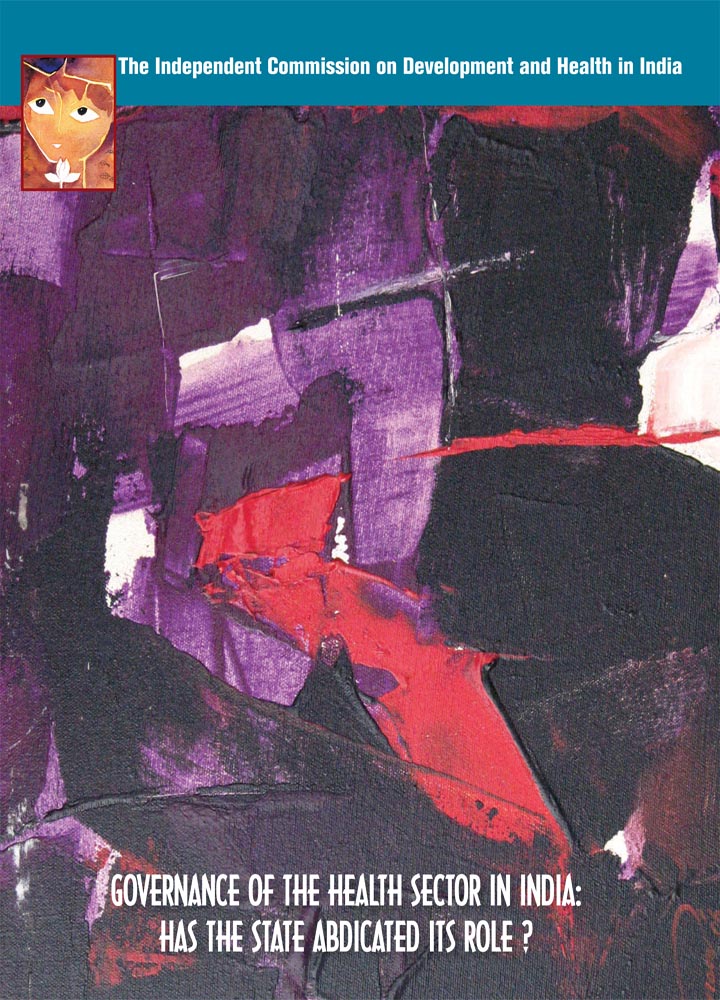Developed countries treat the health sector as a key responsibility of governance. These countries are all market economies, and yet consider it their responsibility to provide a predominant share of the total health expenditure (THE) as public expenditure. In short, regardless of whether health is a fundamental constitutional right or not, it is widely accepted across the globe that it is a central duty of governance. Health and well-being is such a precious need that the community would choose to pursue it even if it had no strong nexus with economic growth. By over-emphasising the ‘cause-effect’ relationship between economic growth and health, the impression is given that health and well-being is only desirable as a catalyst for spurring economic growth. Realistically, assessing our current status and assuming the highest degree of future commitment, it would be an achievement if we can bring about universal health coverage over the next decade.
Even for that goal, the commitment of financial resources for the health sector has to increase manifold, and government’s commitment by way of stewardship has to be unrelenting over the entire period. If universal health coverage is to be available even for a limited package of healthcare, governance over the health sector would have to be treated as one of the principal responsibilities of the state over the next decade.

